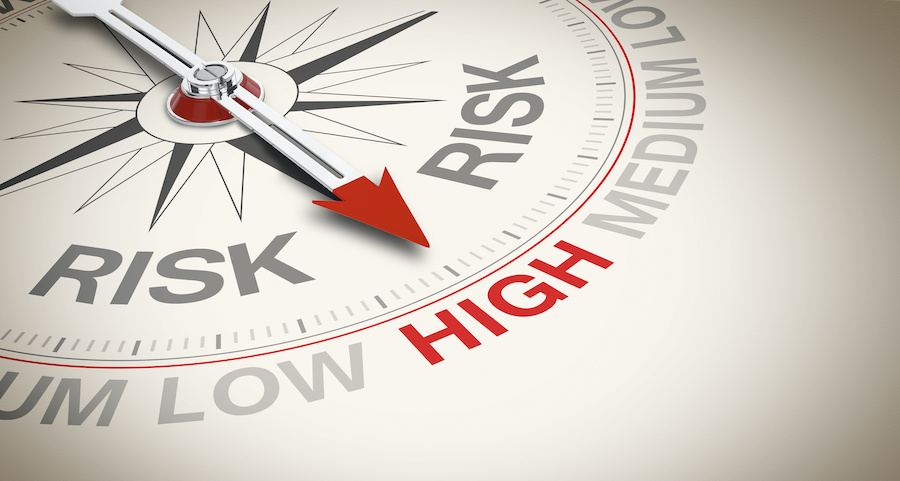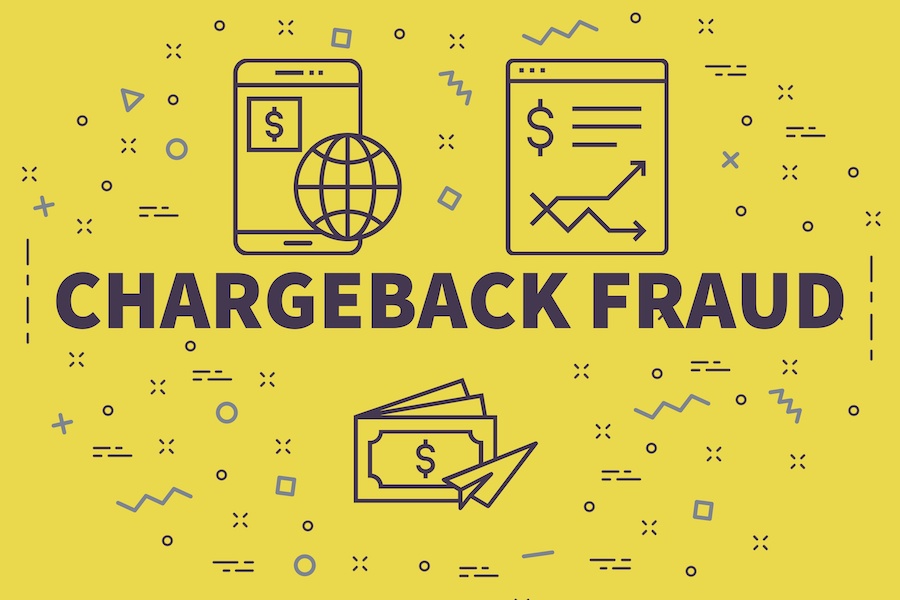
An account approved by a bank or another financial institution that enables a company to take payments from customers via debit or credit cards is known as a merchant account. Some companies have a significant amount of risk associated with their type of business. The number of companies that must apply for a high-risk merchant account because of the type of industry they operate in is steadily increasing.
Labeled as High Risk for Merchant Accounts
It is important to understand how the payment processors determine risk. There is not one set of criteria used in the industry to identify why some companies are high risk and others are not. This decision is very subjective. Some factors make a business more likely to obtain a high-risk designation.
- A business owner’s personal credit will impact a determination. A person’s poor credit score can cause their business to be considered high risk.
- The location of a business is important. People who have a home-based business are a risky situation for payment processors. This also is the case with companies that do business out of the country and more.
- Some companies operate in industries identified as high risk. From a payment processing perspective, some industries have more risk than others.
- History with merchant accounts. A company’s history of using merchant accounts is important.
- Amount of chargebacks. This is an essential part of determining if a company is high-risk. A business needs to successfully mediate customer problems, communicate, offer refunds, and more.
High Risk Merchant Account Benefits
Companies are often surprised when they are made aware of the many benefits associated with being classified as a high-risk merchant. Some businesses are willing to experience additional oversight and scrutiny as well as the additional fees associated with being a high-risk merchant for these benefits.
- More flexible options for credit card processing. A low-risk merchant is only permitted to collect certain specific types of revenue by credit card. Fewer limitations are placed on a merchant that is identified as high risk.
- Companies with high risk merchant accounts can sell a larger variety of services and products.
- They can offer recurring payments
- When having special sales as well as launch events involving higher sales volumes, it will not be a problem to process them.
- Opportunity to work on an international basis. Low-risk merchants are very limited with international transactions. A merchant with a high-risk account has significantly fewer restrictions that could impact their global expansion.
Industries Known for High Chargebacks
Some businesses operate in certain industries that have an established history of excessively high chargebacks. Some are more common than others.
- Debt Reduction/Credit Repair Counseling
- Gaming, Casinos or Gambling
- Subscription Services such as collectibles, magazines, and more
- Telemarketing
- Bail Bond services as well as attorneys
- Online Drug Providers, Pharmaceutical companies
- Dating Services
Sales Methods
The way a company tries to obtain its customers will determine the type of clientele they attract. Specific types of lead acquisition can have a significant impact on the perceived risk of a company. Companies using the following sales methods could be perceived as high risk.
- Upsell tactics or outbound calling using a call center
- Face to face selling
- Advertising involving pay-per-action associated with an affiliate network or affiliate publisher
- eCommerce sales
- Lead-based advertising
- Inbound call sales
- Advertising that is pay-per-action
Fees and Rates
The reality of having a high-risk merchant account is that a business will pay higher processing costs. It will pay a higher per-transaction charge as well as a higher percentage markup. The actual rates will vary between processors but it is not uncommon for a business to be required to pay twice as much as a non-high-risk merchant. If a company is offered rates that are even higher, they may want to consider looking into using another processor.
Rolling Reserve
This is another expense associated with having a high-risk merchant account. This is an amount of money set aside from the proceeds of a company’s sales by the payment processor and put into a specific reserve account. It is designed to cover any unanticipated expenses that the processor could be on the hook for. This would include chargebacks and provide payment if a company suddenly goes out of business. The good news is that the cost of rolling reserves will decrease over time. If a business is successful, it could be eliminated. Rolling reserves need to be managed carefully. They could cause a company to experience a problem with short-term cash flow.
It is almost impossible to be a successful business without having credit card processing in place. Many providers will have stringent guidelines to approve a company’s merchant account services. A company may have to pay higher processing rates and fees but they do not have to accept any type of low-level customer service and support. There are processors who provide high-risk merchant accounts with fair pricing and high-quality service. The best way to handle a high-risk merchant account is to be honest with the merchant application and realize obtaining a processing account is necessary.
If you are a high risk merchant, check out our recommended high risk merchant account providers now.



